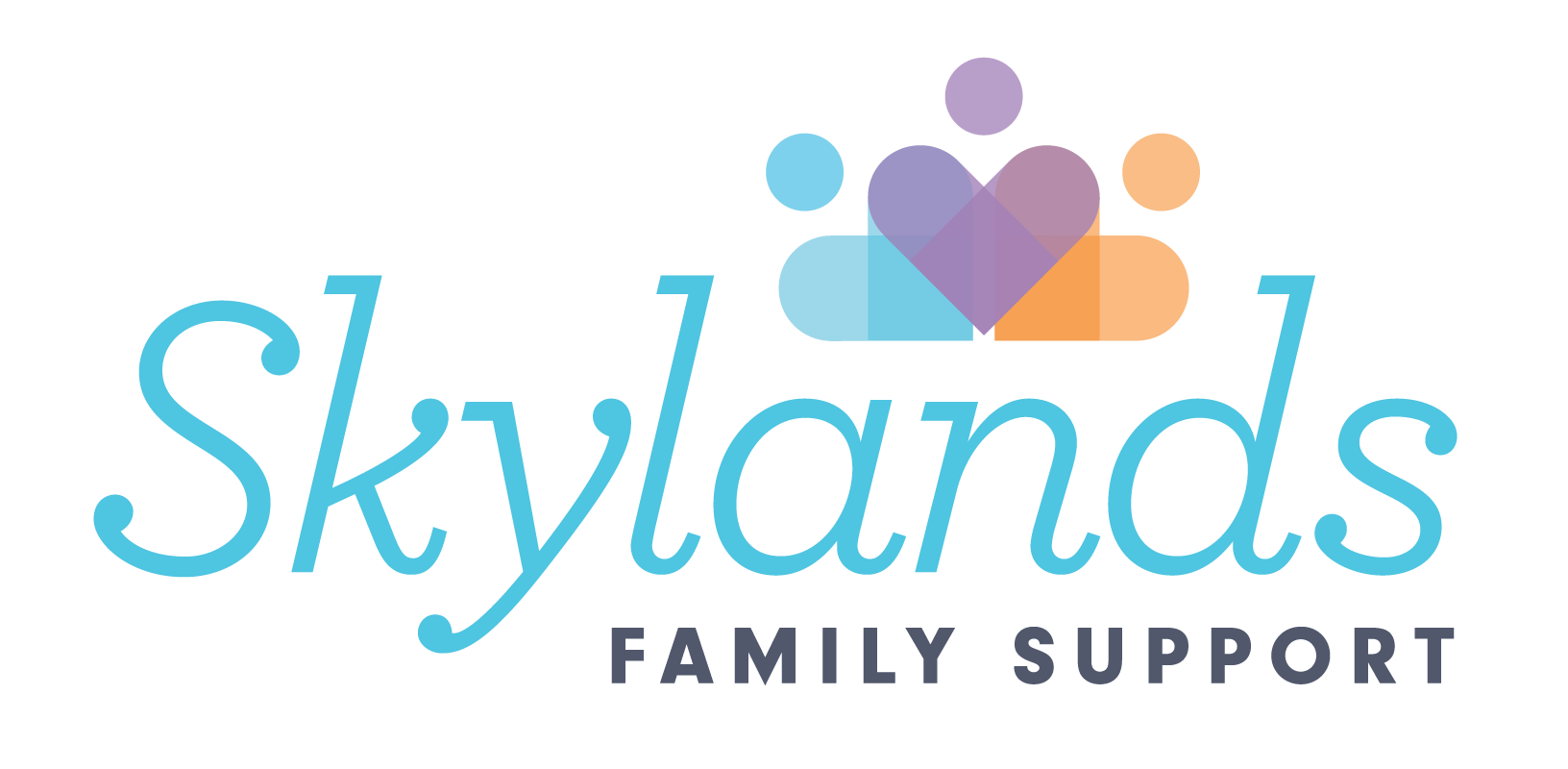What Qualifications Does an Excellent Support Coordinator Have?
While kindness and empathy go a long way, truly effective support coordinators bring a combination of education, experience, and specialized skills to their role. Here’s what to look for when evaluating a support coordinator, whether you’re looking to hire one, become one, or simply better understand the profession.
Navigating the world of disability services and long-term support can be overwhelming. For individuals with developmental disabilities and their families, a skilled support coordinator can make a meaningful difference. They help people understand available services, advocate for their needs, create a personalized plan, and connect with the right resources. But what exactly sets an excellent support coordinator apart?
#1—A Strong Educational Background in Human Services
The journey to becoming a great support coordinator often begins with education. Most coordinators have a background in social work, psychology, human services, or a related field. This foundational knowledge helps them understand not only systems and services, but also human behavior, trauma, and development.
Many states, including New Jersey, require at least a bachelor’s degree in one of these fields to become a support coordinator through programs like New Jersey Division of Developmental Disabilities (NJ DDD). That requirement ensures a baseline understanding of the ethical, legal, and practical aspects of coordinating care.
But beyond degrees, the best support coordinators are lifelong learners. They stay up to date on the latest programs, regulations, and best practices, because the world of disability services is constantly evolving.
#2—Relevant Certifications & Ongoing Training
Depending on the state and agency, support coordinators may be required to complete specific training or hold certifications related to disability services. In New Jersey, for example, support coordinators working through DDD-approved agencies must complete a required training curriculum before they can begin working with participants.
Other valuable credentials might include:
- CPR/First Aid certification
- Training in person-centered planning
- Cultural competency or DEI (Diversity, Equity, and Inclusion) training
- Behavioral support certifications or training in working with specific populations (like autism spectrum disorder or dual diagnoses)
More than just checking boxes, these certifications show a commitment to professional development and to providing safe, respectful, and person-first support.
#3—Real Experience with the Population They Serve
There’s no substitute for lived experience. While formal education lays the foundation, hands-on work with individuals with disabilities is what shapes a coordinator’s ability to connect, understand, and act effectively.
Excellent support coordinators often have a background in:
- Direct support roles (working in group homes, day programs, or schools)
- Case management
- Family support services
- Mental health or behavioral health work
This experience helps them recognize the day-to-day realities of life with a disability. They’re more likely to understand not only what services are available, but what it’s like to use those services. They’re also better at navigating difficult conversations, building trust, and supporting families through periods of transition or crisis.
If a support coordinator can say, “I’ve been in those shoes,” it means they’re bringing a level of empathy and practicality that only experience can provide.
RELATED: How Support Coordinators Assist Those with Different Disabilities
#4—Deep Knowledge of Resources and Services
At its core, support coordination is about connecting people with the right resources, and doing so effectively requires a deep well of knowledge.
A qualified support coordinator should be familiar with:
- DDD eligibility requirements
- Medicaid waiver programs
- Self-directed and agency-directed supports
- Day programs, supported employment, and residential options
- Transportation, recreation, and respite services
- Local providers and community organizations
But the best coordinators go even further. They build relationships with providers, visit programs in person, and stay on top of changes in funding or availability. They know which day program has a great art class or which support group is welcoming to nonverbal adults.
Knowledge isn’t just power. It’s peace of mind for families who are often overwhelmed by bureaucracy.
#5—Exceptional Communication and Interpersonal Skills
Support coordination is more than paperwork and planning. It’s a human job — one that relies on communication, collaboration, and compassion.
An excellent support coordinator is:
- A clear communicator. They explain complex systems in simple terms and keep families informed every step of the way.
- A good listener. They take time to understand the individual’s needs, hopes, and concerns—not just what’s on paper.
- A bridge builder. They coordinate across schools, providers, state agencies, and family members to make sure everyone’s aligned.
Interpersonal skills are especially important when navigating emotionally charged situations — like transitions out of school, denials of service, or changes in living arrangements. In those moments, a great coordinator brings calm, clarity, and compassion to the table.
A Note on Cultural Sensitivity and Respect
It’s also essential that support coordinators understand and respect the diverse backgrounds of the individuals and families they serve. That includes not only race, ethnicity, and language, but also religion, gender identity, family structure, and disability perspectives.
Families should feel seen and respected, not judged or dismissed. That cultural humility isn’t always taught in school, but it’s vital in practice.
The Bottom Line
A truly excellent support coordinator isn’t just someone who knows the system; they’re someone who knows how to navigate it with heart, skill, and integrity. They combine formal qualifications with real-world understanding. They bring professionalism, but also patience and presence. And most importantly, they help individuals with disabilities live full, self-directed lives on their own terms.
At Skylands, we believe everyone deserves a support coordinator who listens, cares, and truly understands. Our team is made up of dedicated professionals who meet the highest standards and are committed to helping individuals with developmental disabilities live full, wonderful lives. Contact us today to learn more about our approach and how we can support you and your loved one’s journey.




